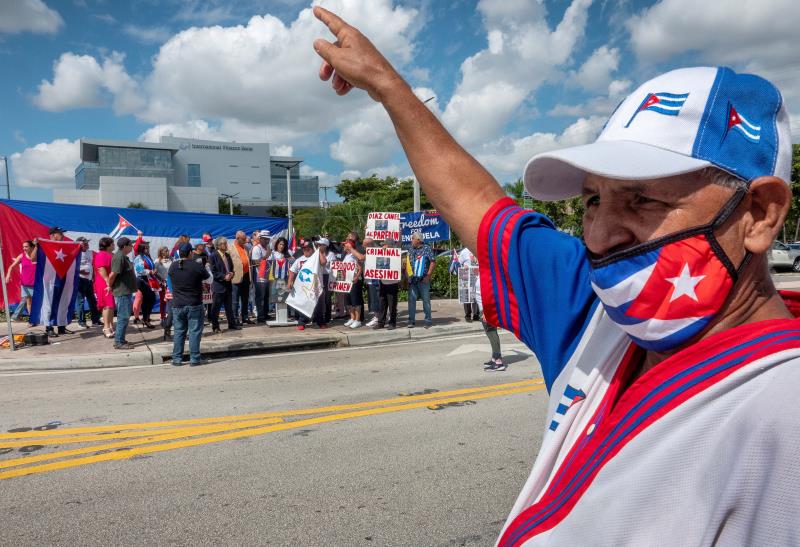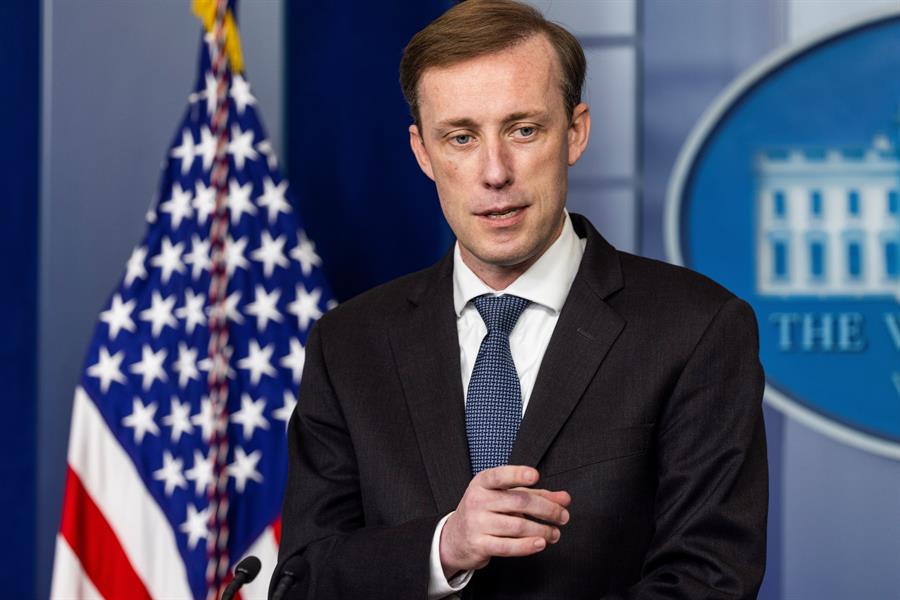The Cuban exile forces in Miami launched various initiatives in support of the civic march for the change of November 15 in Cuba, as well as campaigns on social networks with labels that ask the world to have an eye on what happens on the island in those days.
“The repression will begin before the 15th,” said Orlando Gutiérrez, representing the Assembly of the Cuban Resistance, which brings together opposition organizations from inside and outside Cuba, and summoned a caravan in Miami in support of the march.
The organizers hope that thousands of people will participate in their vehicles in a caravan that will tour a large part of the city on November 14 and will end in front of the Bay of Biscay, in whose waters there will be by then a concentration in support of the march and in favor of to restore democracy in Cuba.
Ramón Sául Sánchez, from the Democracy Movement, said that in addition to the presence of the “Democracy Flotilla” at sea, there will be a concentration of people on land who will form a “human chain of solidarity”, to which participants are expected to join. the caravan of the Resistance Assembly.
All of this will take place on the eve of 15N so as not to diminish the role of Cubans on the island, where, according to Gutiérrez, since July 11, when protests broke out in the streets of several Cuban cities, a “resistance” never seen before has been generated. since 1959.
ALL EYES ON CUBA, REQUEST EXILE.
The Cuban government has prohibited the march promoted by the Archipelago group, which requested authority to carry it out under the country’s Constitution, considering it “illegal. “
Fernando Almeyda, an Archipelago spokesman, considered this Tuesday that his organization has already achieved “something important” with this call and feared that the Cuban government, which considered that it feels ” tremendous fear” in the face of the protests, intends to respond with violence.
Almeyda stressed that the initiative has a peaceful nature and encouraged those who do not feel safe to participate in an alternative way in the protest with “cacerolazos” or on social networks.
The march of November 15 demands, according to its promoters, respect for rights, the release of political prisoners, and the solution of differences through democratic and peaceful means.
On the 15th, the Assembly of the Cuban Resistance will be permanently informing the public and the media from a center installed for this purpose at the headquarters of the Cuban Democratic Directorate in Miami of everything that happens on the island, Gutiérrez said.
Sánchez, for his part, urged the community to count every day less for the march starting on November 1, using the label “mundoojossobrecuba”.
Gutiérrez said that hundreds of people are still detained in Cuba, including minors, for having participated or supported the protests that began on July 11, but he was sure that many people will still march in Cuna on July 15 and the called strike Nacional will gain strength “before, during and after” that day.



















































































